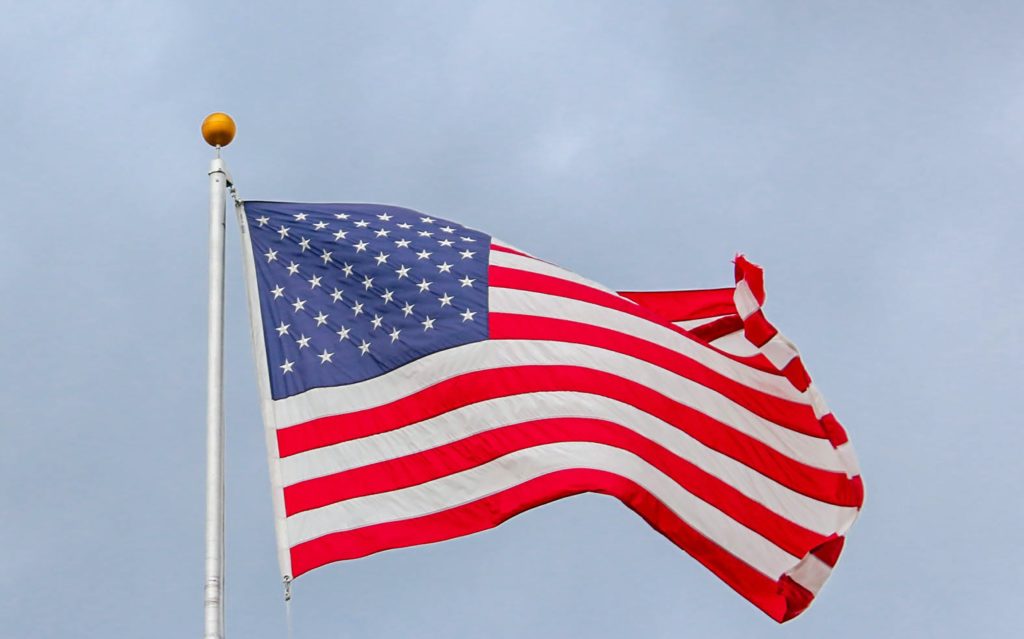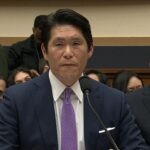
Published November 4, 2022
Democrats have claimed, since well before the Supreme Court overturned Roe v. Wade, that the end of Roe would be a boon to the Left in this year’s midterms.
It was, in part, a threat. Democrats wanted Republicans to view the end of Roe as a potential albatross, a risk for enormous electoral repercussions if the pro-life movement got its longtime wish. Perhaps some of the most foolhardy purveyors of this threat hoped it might even reach the ears of less-resolute Supreme Court justices.
In the wake of Dobbs, though, the claim has become something of a Democratic consolation prize: Pro-lifers might’ve won a major battle, but voters are right around the corner ready to inflict as many casualties on the GOP as possible as a result.
This is nothing more than wish-casting. For one thing, most surveys and exit polls suggest that relatively few Americans vote with abortion policy as one of their top-line priorities, let alone their No. 1 concern. Especially in our present economic climate, anger over pocketbook issues such as inflation hitting grocery stores and gas stations will almost certainly carry the day.
But even when the economy is less of a concern for Americans than it will be this November, most voters simply don’t head to the polls thinking about abortion. In Virginia’s gubernatorial election last fall, to take just one example, only 8 percent of voters said abortion was the most important issue facing the state — for most voters it was the fifth most important issue after the economy/jobs, education, taxes, and the coronavirus.
Even with Dobbs on more voters’ minds now, it’s hard to imagine abortion overtaking any of those other issues, aside from possibly the pandemic, and it certainly won’t rise in importance by much. It’s difficult to imagine a voter who wasn’t already planning to vote Democratic but who will now head to the polls to do so simply because he’s angry about Dobbs.
Plus, exit polling in Virginia last November suggested that the Republican position on abortion tends to perform better at the ballot box among voters with softer positions on the issue; Glenn Youngkin had a significant advantage over Terry McAuliffe among these voters. Those who said abortion should be “legal in most cases” broke for McAuliffe just two to one, while voters who said it should be “illegal in most cases” broke heavily for Youngkin, 88 percent to McAuliffe’s 12.
It is here that we get to the real crux of the issue when it comes to Democrats and abortion. One major problem with the claim that abortion policy will save the Left is that most voters — let alone most independents or swing voters — simply don’t determine how they’re going to vote based on their position on abortion. But perhaps more important, even swing voters who might consider abortion when voting don’t agree with the Democratic Party’s position.
When it comes to abortion, Republican politicians have the advantage of accepting an incremental political strategy. Most Republicans are willing to support a policy as pro-life as is politically feasible. It is for this reason, for instance, that South Carolina senator Lindsey Graham introduced a 15-week abortion ban in September — because most Americans say they support laws protecting unborn children after 15 weeks of pregnancy. While pro-lifers would prefer to have far more-protective laws and will continue working toward that goal, it won’t stop them from introducing and voting for pro-life laws that are less protective in the meantime.
Democratic politicians, on the other hand, don’t believe in incrementalism on abortion, and their response to Graham’s bill has suggested as much. They don’t vote for 15-week or 20-week bans, even though they’re overwhelmingly popular. They don’t vote for born-alive bills, even though they’re overwhelmingly popular. In fact, Democratic candidates this cycle have been unwilling to name a single abortion restriction that they’re willing to support, even though abortion on demand until birth is supported by only about 10 percent of the public and less than 20 percent of Democrats. And, in the wake of Roe, voters have seen that getting to set abortion policy via their elected representatives is hardly the nightmare land activists claimed it would be.
Abortion is not a political winner for the Left. The end of Roe won’t be the No. 1 issue driving voters to the polls next week. Even among voters who do care about abortion, there’s little reason to believe that they’ll be showing up to swing the election for the Democrats.
EPPC Fellow Alexandra DeSanctis writes on culture and family issues, with a particular focus on abortion policy and pro-life advocacy, as a member of the Life and Family Initiative.
EPPC Fellow Alexandra DeSanctis writes on culture and family issues, with a particular focus on abortion policy and pro-life advocacy, as a member of the Life and Family Initiative.












